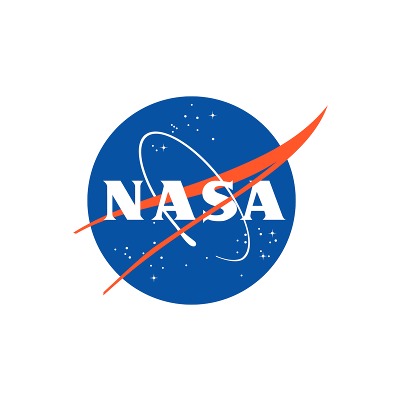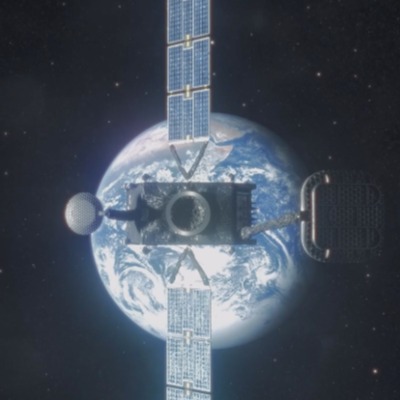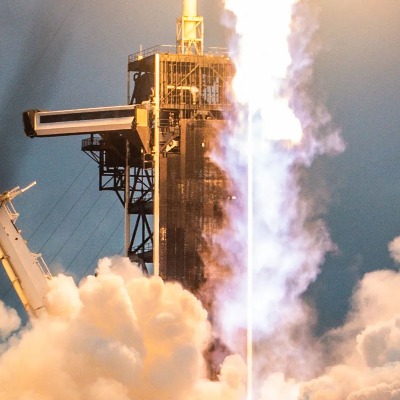Space Development Agency Opens Door To Commercial Partners With "HALO" Program

In a move to boost innovation and competition, the Space Development Agency (SDA) announced a new program called "HALO" (Hybrid Acquisition for Proliferated LEO). HALO aims to expand the pool of vendors eligible to compete for future military satellite contracts by seeking partnerships with commercial space companies.
The SDA, a branch of the U.S. Space Force, is tasked with deploying a massive constellation of satellites in Low-Earth Orbit (LEO) to support national security needs. Traditionally, such projects rely on established defense contractors. HALO, however, seeks to tap into the dynamism and technological advancements of the commercial space industry.
"We're looking for new players who can bring fresh ideas and capabilities to the table," said an SDA spokesperson. "HALO will provide opportunities for companies to gain valuable experience working with us on experimental projects. This will allow them to mature their technologies and become strong contenders for larger contracts down the line."
Companies interested in participating in HALO must submit proposals by July 11th, 2024. An industry briefing is scheduled for June 17th to provide further details about the program.
The HALO program is structured to award multiple contracts annually. These initial projects will likely focus on developing and demonstrating prototype technologies for the planned satellite constellation. Successful participants will gain a significant advantage when competing for future "tranches" - larger procurements of operational satellites.
Industry experts see HALO as a win-win situation. The SDA benefits from a wider range of innovative solutions, while commercial space companies gain access to valuable government contracts and the opportunity to work on cutting-edge military space projects.
This initiative highlights a growing trend of collaboration between the public and private sectors in space exploration and development. The success of HALO could pave the way for even deeper partnerships in the future, shaping the landscape of the burgeoning space economy.




